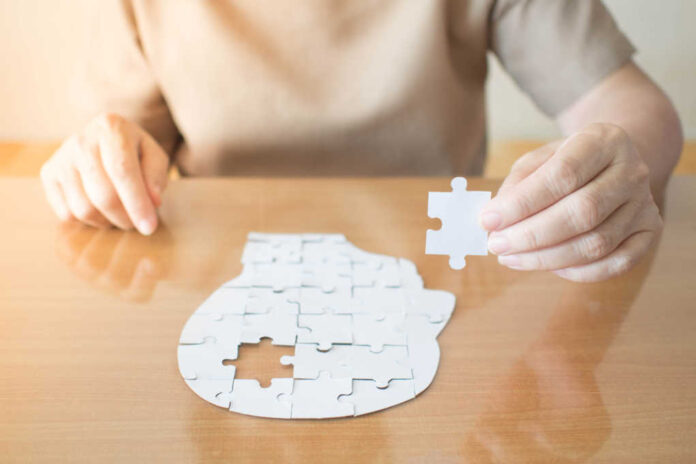
Our memories play an essential role in our lives. We rely on our memories to tell us who we are and where we’ve been.
Memory allows us to learn, grow, and socialize. It helps us make decisions, plan for the future, and navigate our complex world.
But over time, memories can fade or change. They can be influenced by our emotions, our beliefs, and even the people around us.
Even when we feel our memories are accurate, they may not be.
Dementia, Amnesia, and Aging Memories
For some people, memory problems are caused by dementia or Alzheimer’s disease.
As you get older, it’s normal to have some forgetfulness. You might struggle to develop a word, forget a person’s name, or lose track of where you put something.
But dementia is not a normal part of aging. It is characterized by a significant and progressive decline in memory and other thinking skills, making it difficult to carry out everyday tasks.
Amnesia is another type of memory problem. It’s usually caused by damage to the brain from a head injury, stroke, substance abuse, or psychological trauma. It can be an inability to remember events from before the injury (retrograde amnesia) or an inability to form new memories (anterograde amnesia).
Traumatic Remembering
Some people struggle, not with forgetting, but with remembering.
People who experience post-traumatic stress disorder (PTSD), memories of a traumatic event can be too powerful and overwhelming.
PTSD can develop after a one-time event, such as a car accident or natural disaster, or after repeated exposure to traumatic situations, such as combat or abuse. People living with PTSD may have flashbacks, nightmares, and intrusive thoughts about the event.
Obsessive-compulsive disorder (OCD) can also lead to uncontrollable, incessant remembering. People with OCD may repetitively recall a memory, often an upsetting one, and cause themselves distress.
False Memories
Not all memory problems are caused by damage or disease. Everyone’s memories are subject to error.
Maybe you misinterpreted what you saw or heard. Perhaps you filled in gaps in your memory with information that isn’t accurate. Or maybe someone else’s suggestions got mixed in with your own experience.
Wrong information can also appear when you tell the story of what happened. And as you retell the story, again and again, details change or get added that were not originally there. This happens accidentally, without any intention to deceive.
Eyewitness testimony can be extremely unreliable and often leads to troublesome consequences, such as wrongful convictions.
How to Remember Better
Memory is never perfect – rarely unchanging and unfading.
But there are things you can do to help improve your memory and increase the chances that your memories are accurate:
- Get plenty of quality sleep
- Exercise regularly
- Eat a healthy diet
- Manage stress
- Stay socially active
- Learn new things and challenge your mind
- Use mnemonic devices, such as acronyms, rhymes, and mental pictures
- Practice mindfulness meditation, being more attentive to the present moment
- Take notes or write in a journal
- Review your memories regularly and question their accuracy
If you’re concerned about your memory, talk to your doctor. There are treatments available for some types of memory problems.






















